Trouble dozing off?
Then maybe it’s time to start thinking about plants for sleep.
Before you think we completely driven off the esoteric crazy train, give us a moment to convince you.
These 9 plants to help sleep won’t only brighten up your bedroom but they’ll also help to put an end to your sleepless nights.
Hundreds of individuals have already turned to houseplants in a bid to naturally avoid episodes of insomnia, as well as make sleep come easier.
Best of all, there are lots of different plants that induce sleep available that can genuinely help to send you into the land of nod so you can choose what works best for you.
Do Plants Improve Sleep?
Now, let’s turn to the big question. Do plants improve sleep?
Put simply, yes they do.
Considering that poor air quality from pollution, molds and odors have a negative impact on our breathing, it’s essential that we try to improve air quality in the bedroom. Otherwise, the likelihood of getting a good night’s sleep is pretty slim.
Some plants also give off scents that are known for their relaxing capabilities. When you inhale the calming aromas from plants that induce sleep, a sedative effect kicks in and results in sleepiness.
In addition to filtering the air in your bedroom and unleashing soothing scents, research has proven that bringing nature indoors reduces stress levels.
Stress is one of the biggest triggers for insomnia and sleep issues, so it makes perfect sense to fill your bedroom with as many sleep inducing plants as possible.
Best Plants for Sleep
We’ve compiled a list of the 9 most effective plants to help sleep and their benefits.
There aren’t many people who don’t like the smell of lavender, which is lucky as it’s one of the best sleep inducing plants out there.
Lavender is also great for lowering blood pressure, slowing down your heart rate and treating anxiety.
It’s actually a natural remedy for many things including insomnia and sleep disorders. Once you’ve put a lavender plant in the bedroom, you’ll never look back.
Most people know valerian as a sweet scented pink or white flowering plant.
However, ever since a team of researchers in Japan realized that inhaling the valerian scent was enough to relax the body and prepare it for sleep, insomniacs the world over have been hunting down the valerian plant.
As well as being a natural sleep-aid, it’s commonly used to treat anxiety too.
While some call it one of nature’s miracle healing plants, others call it one of the best plants for sleep.
To be fair, aloe vera is a must-have plant for many reasons.
It leaves the air in your home much cleaner and fresher, which is great for achieving a restful night’s sleep. Aloe vera is also excellent for soothing cuts, burns and inflammation.
This plant is also low-maintenance and requires very little attention — ideal for the bedroom.
According to NASA, English Ivy is the top air-purifying plant.
Other studies show that it can relieve symptoms of asthma and common allergies, which can both play havoc with sufferers sleep quality.
It’s important to point out that English Ivy is toxic to pets and children, so always be sure to place it somewhere out of reach in the bedroom.
Believe it or not, a Jasmine plant can do more than just look pretty on a windowsill.
The sweet scent actually has sedative properties, which helps to soothe the mind and body.
As well as improving sleep quality and decreasing anxiety, this plant will boost your mood upon awakening. That means you can enjoy a wonderful night’s sleep and be more alert in the morning.
The heart-shaped leaves tell you that this plant is one that you’re sure to love.
In fact, the team at NASA love golden pothos too, especially as it’s another marvelous plant that can detoxify the air in your home. That also means you’ll get a better night’s sleep and improve your sleep quality.
As golden pothos is mildly toxic, it’s always best to keep it away from children and pets.
When you place a peace lily plant in the bedroom, you can wave goodbye to harmful formaldehyde and benzene toxins.
It’s also great for boosting humidity and keeping a dry room moist, which helps to prevent allergies and dry throats that keep you up at night.
This plant works a bit like a humidifier and can improve the air in any dry indoor environment.
Otherwise known as the Mother-in-Law’s Tongue (no comment), snake plants can single-handedly filter common household toxins from the air in the home.
Snake plants have even made it onto NASA’s list of the 12 best air improving plants, which is proof that they are one of the best plants for sleep.
Why keep a spider plant in the bedroom? Because it is a powerful air cleaner. In fact, it’s so powerful that it can efficiently remove up to 90% of harmful formaldehyde from the air you breathe.
Not only does that mean you’ll have fresher air in the bedroom but you’ll also get plenty of shut-eye every night. In addition to all that, the spider plant can absorb unwanted fumes and odors.
Sign us up!
We hope you’ve found our Best Plants for Sleep post helpful. Looking for alternatives? Be sure to visit our climate control reviews section for other great options.

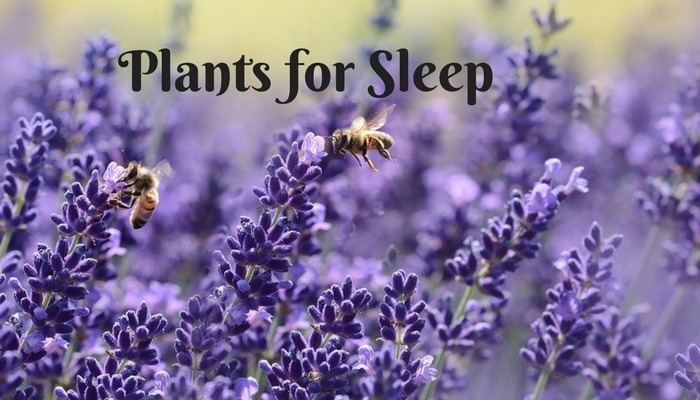
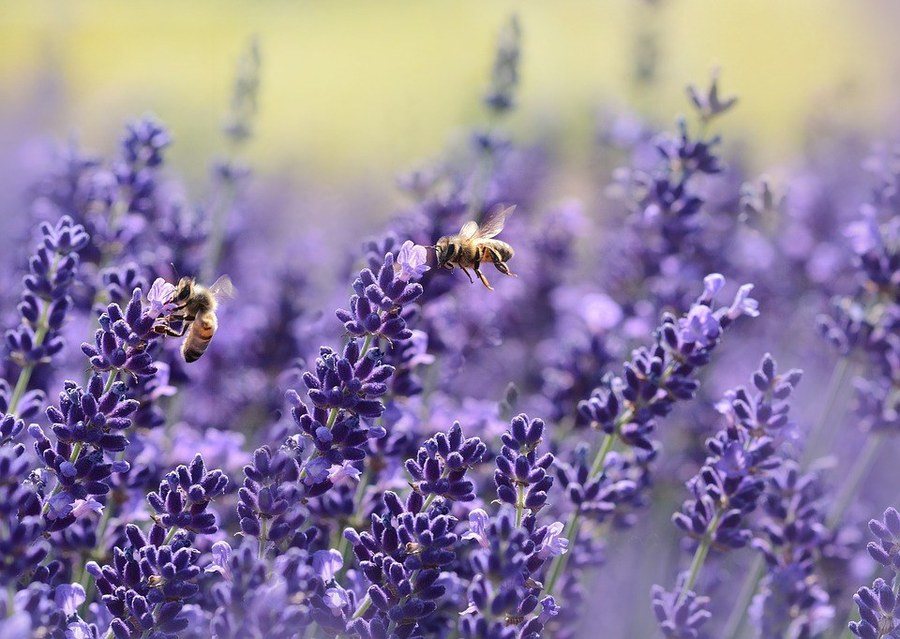
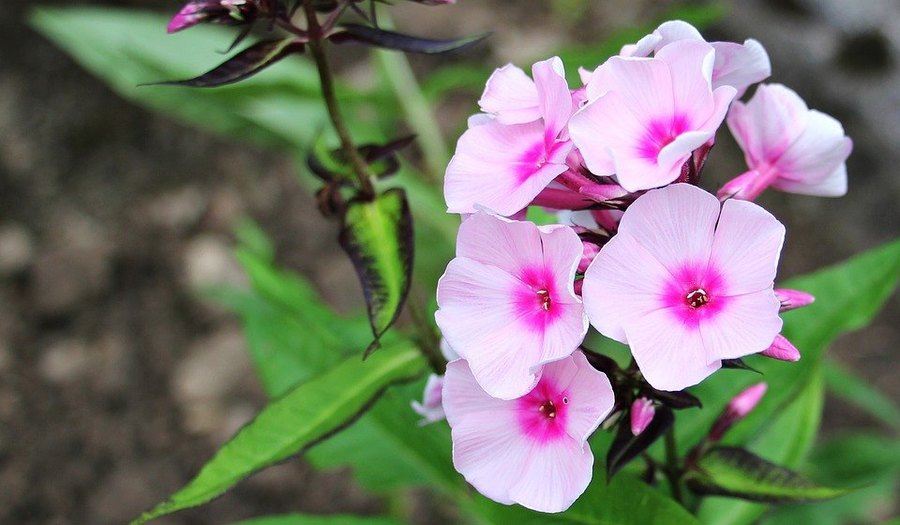


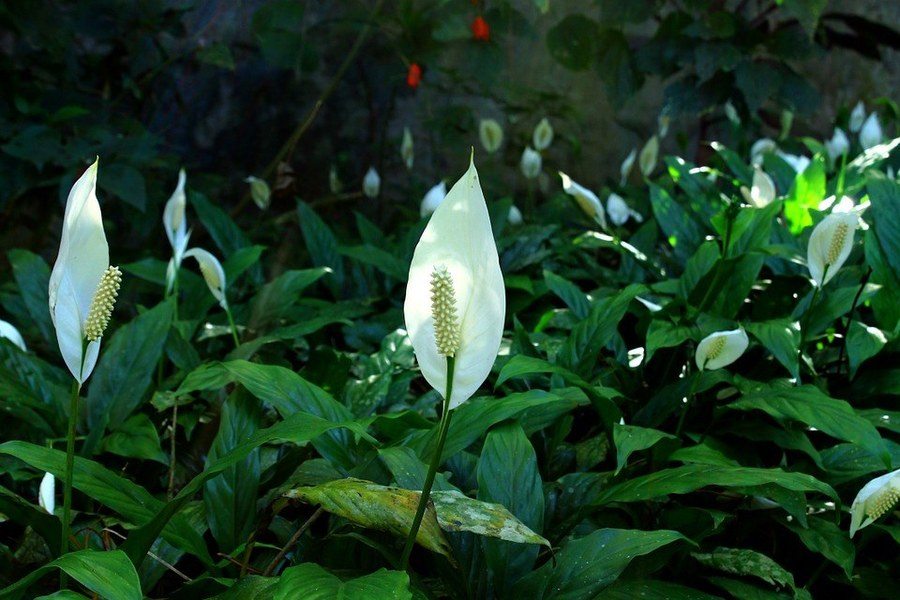

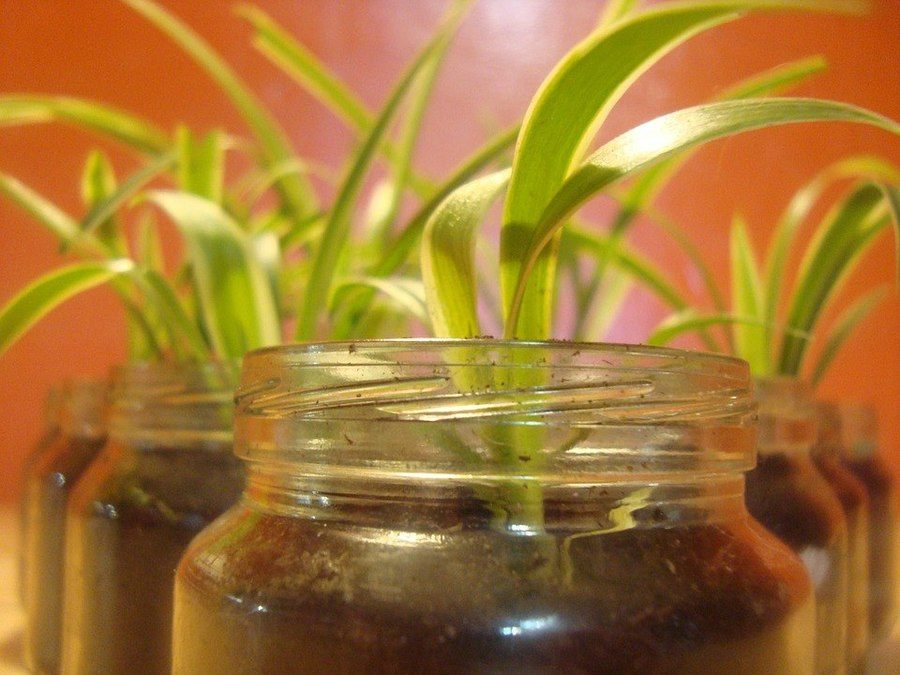




1 Comment
Can highly recommend anyone to get a snake plant for their bedroom. I got one and the snake plant is one of the easiest plant to take care of
– Only needs water 1 time a month
– Can handle low light
– Grows upright so you do not need a lot of space
– They absorb toxins
And the best part they release oxygen at night! This plant is the perfect bedroom plant to get.